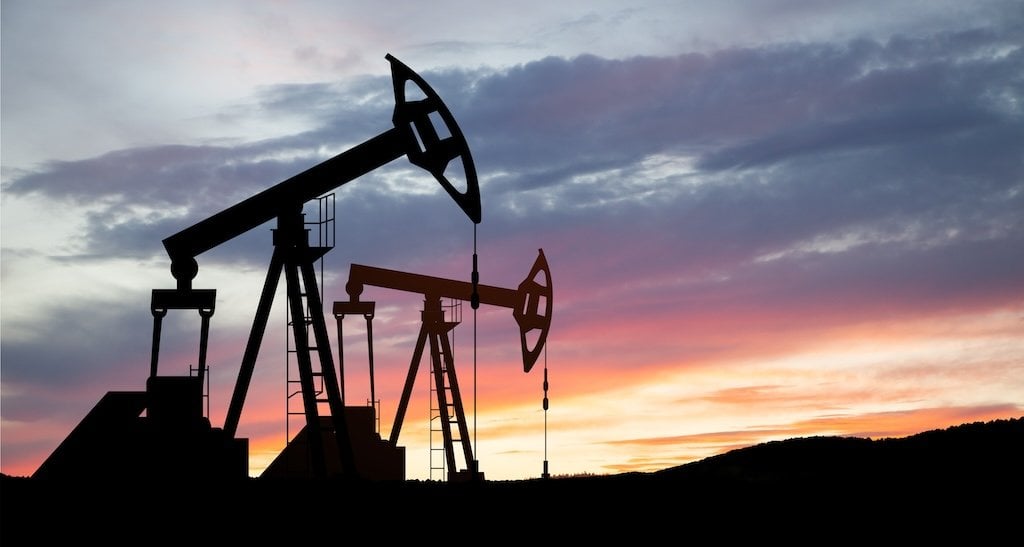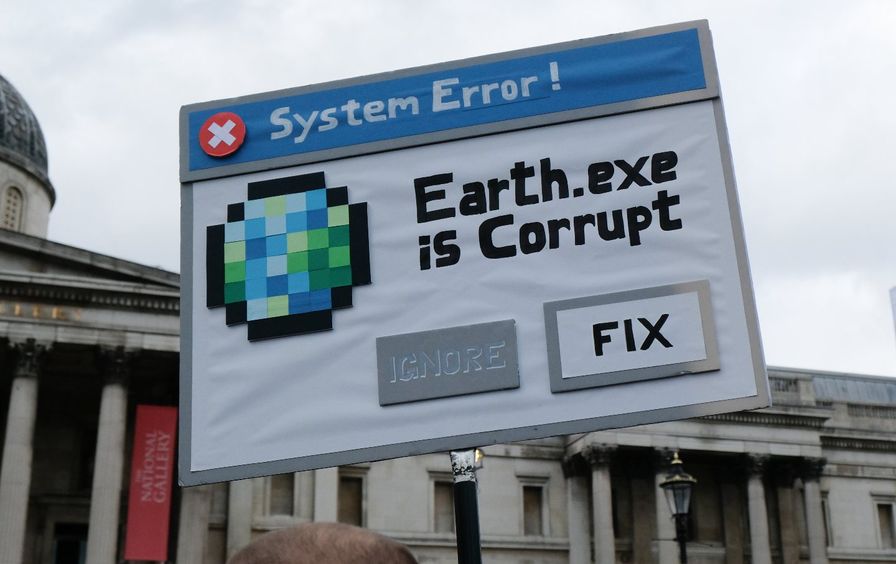If you weren’t shaken up by the news this week about the UN climate report, it probably means you didn’t hear the news. While some reported the data from the Intergovernmental Panel on Climate Change (IPCC) as a mix of bad and good news, I found it unadulteratedly bad. The world is fated to warm dramatically more, no matter what we do from now on in reducing emissions of global warming gasses, the report said. That will inevitably cause weather events considerably worse than even the frightening and tragic droughts, fires, and floods of 2021.
The only way to look at the new data positively is to focus on the fact that it says the world may not be totally screwed if everyone everywhere takes massive remedial steps on a methodical and emergency basis going forward. But the amount of remediation required to keep the world from a disastrous climate future—I mean truly disastrous—is daunting to contemplate. We are losing the world we know, and face the imperative to construct a new world, but do we have the will for it?

A few key facts from the report:
- Atmospheric warming of 1.5 degrees (Celsius) over pre-industrial levels is now inevitable, it’s just a matter of time. (Temperatures now are about 1.1 degrees warmer than in the 19th century.)
- To keep warming to no more than 1.5 degrees will demand radical and more-or-less immediate worldwide cuts in fossil fuel emissions (CO2 and methane, mostly), almost completely eliminating them by 2050.
- Every fraction of a degree of increased warming will result in significantly more dangerous climatic change–floods, cyclones, heat waves, fires, and droughts.
- Even if we keep the warming to 1.5 degrees, ocean levels will rise one to two feet by 2100.
- In the worst-case scenario in which we don’t take much action to reduce emissions of warming gasses, global temperatures could rise as much as 5.7 degrees (10.3 degrees Fahrenheit) by 2100. The climate consequences of that are dire.
- Atmospheric carbon has not been this high in two million years.

In an appropriately apocalyptic news story about the report, the New York Times reports “experts have estimated that current policies being pursued by world governments will put the world on track for roughly 3 degrees Celsius of warming by the end of the century.” And keep in mind that many governments are not even abiding by those too-modest policies, nor by their commitments to the Paris Climate Accords.
So we have to act and act decisively to make dramatic cuts in emissions, across the world. This means the nations of the world, the cities of the world, and all of us individually. Most of us have done little in our own lives to reduce our emissions because the threat has felt theoretical. I hope the convergence of the sobering climatic news this year with such an authoritative UN report will help shake us all up. This is not a one-time news event to worry about and forget.
November’s COP26 meeting in Glasgow, the next step in the implementation of the Paris Climate Accords, will be historic. It will demand nations to step up more than ever. (Techonomy will have a correspondent on the ground in Glasgow at COP26–Steve Hamm, a veteran journalist and documentary filmmaker.)

At Techonomy we’re optimists about what tech can accomplish. We expect it will surprise us with its capabilities. So we must look to innovation as a major priority as we seek to reduce emissions. Elon Musk is a hero, because just about all his innovations and entrepreneurial efforts in recent years have focused on solutions to global warming. We look at him less as a financial success than an inspirational one, for this dedicated sense of purpose. That it has been wedded to such spectacular financial success is validation that doing the right thing can be lucrative.
In Techonomy’s journalism we’ve repeatedly explored tech’s potential to help fight global warming in major stories and at our events. I wrote Will Programming Plants Feed the World?, about the efficiencies of indoor agriculture. Diane Regas, then executive director of the Environmental Defense Fund, co-wrote How the Internet of Things Will Fight Climate Change. And in our last print magazine before the pandemic, I wrote Carbon Neutral Isn’t Enough, about various ways, many technological, to remove CO2 from the atmosphere. It included an important sentence from a 2018 IPCC report: “All pathways that limit global warming to 1.5°C with limited or no overshoot project the use of carbon dioxide removal.”

What worries me most in digesting this newly authoritative and detailed data is our collective will to act. Yes, we probably can and will amp up our efforts to curb emissions – maybe in the U.S. we’ll even enact that most urgent of interventions, a carbon tax. But what happens as weather disasters grow ever worse regardless? Will people retain their will for innovation and sacrifice even in the face of ever-worse climate impacts? Human history suggests they/we may not. Our collective inability to think long-term could fate us to long-term disaster. As an excellent column in The Atlantic puts it, we need to “let the fear in, without letting it paralyze us.”
















